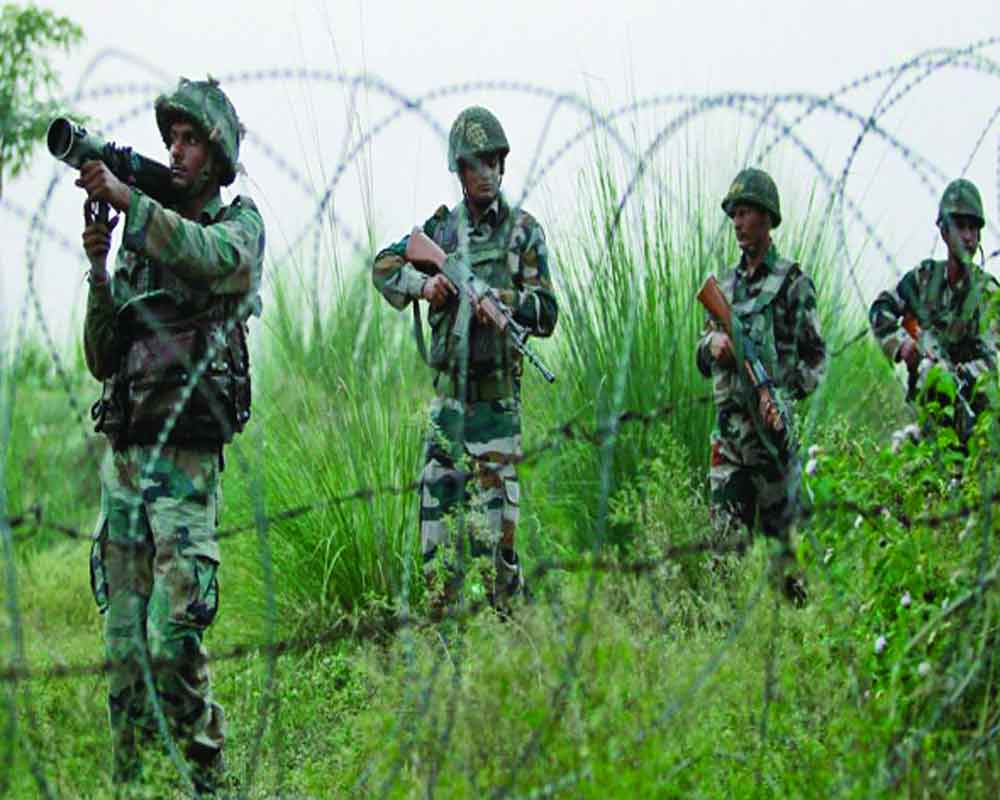The idea that a person labelled as a terrorist by one may be considered a freedom fighter by another, needs to be discarded
The recent events in the Red Sea, involving the targeting of an Israeli ship by Iran-backed Houthi groups, followed by retaliatory actions from Israel, along with airstrikes by the UK and US on Houthi locations in Yemen, have heightened tensions in the region. The support extended by Hamas and Hezbollah to the Houthi group raises concerns about the potential for a significant terrorist threat. Previous Israeli strikes, resulting in the death of IRGC General Sayyed Razi Mousavi and Hamas Deputy Leader Saleh-al-Arouri, added to the delicate situation.
Abdul-Malik al-Houthi's efforts to garner support have led to a substantial increase in the frequency of attacks. Additionally, the double blasts in Karman, Southern Iran, on January 3, 2024, resulting in over 85 casualties and 290 injuries, have further escalated the volatile situation. The violence is spreading to Lebanon and Syria, with incidents like the use of Sana, the capital of Yemen, for planting explosive devices at airports in Dubai and Midlands a few years ago.
From these recent developments, two key lessons emerge. Firstly, there is a likelihood of a surge in transnational terrorist incidents with far-reaching consequences. Secondly, international terrorism is expanding its influence into sea routes, waterways, international trade, logistics, and economies of targeted nations.
The global scenario reflects the ability of modern terrorists to strike accurately at chosen times and locations, signaling the growing influence of terrorism in the political landscape worldwide. Despite increased government efforts, terrorism, both domestic and international, continues to thrive.
To address the West Asia issue, collaborative efforts among nations are crucial. A robust international mechanism for dealing with transnational terrorism must be in place. Media plays a significant role, as irresponsible and exaggerated coverage can fuel terrorism and reduce moral opposition to counter-terrorism measures.
Failure to diagnose and address terrorism early can have severe consequences for nations. The strategies of imposing arms and economic sanctions on so-called rogue nations have been counterproductive, garnering international sympathy for these nations. While a permanent solution remains distant, a mature understanding of terrorism by powerful nations is essential.
Effective preparedness programs at the government level are necessary. Understanding the motivations of individuals involved in terrorism, along with a well-thought-out approach to dealing with incidents and their consequences, is vital. Good intelligence, police work, and collaboration with individuals and groups can significantly contribute to improving security.
A high-level intelligence network is crucial to anticipate and counter threats, especially with the increasing nexus between drug smugglers and terrorists. The concept of one man's terrorist being another man's freedom fighter must be discarded. Local cooperation with law enforcement, even at personal costs, is essential. Prompt and strict decisions by nations are necessary for psychological control of terrorists.
In a changing environment, security apparatuses and police must diversify activities, bringing together technical and professional expertise. The focus should be on anticipating security needs through specialized courses. Addressing the roots of terrorism and creating general awareness, along with public support against terrorist acts, are essential steps. However, the government's attempt to delegate judgment to police and armed forces must be balanced to avoid diluting benefits and impeding peace and negotiation.
(The wrtier is recipient of Bharat Gaurav and Rastriya Gaurav Award is a professor and an expert of strategic affairs, views are personal)


























